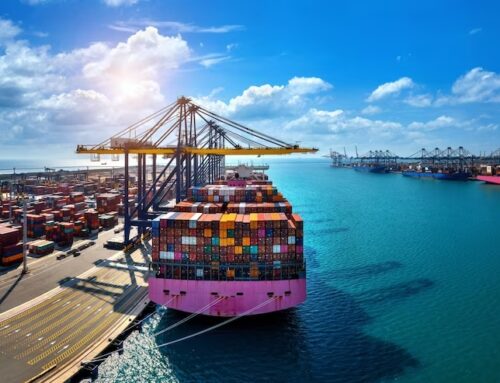Marine insurance is a type of insurance that provides coverage for ships, cargo, terminals, and any transport or cargo-related liabilities. Here are some key features and aspects of marine insurance:
- Hull Insurance: This covers physical damage to the ship itself, including damage from collisions, sinking, storms, fires, or other perils. It typically includes coverage for the hull, machinery, equipment, and fittings of the vessel.
- Cargo Insurance: Cargo insurance covers the goods being transported by sea, air, or land against risks such as theft, damage, or loss during transit. It provides financial protection to the cargo owner or the party responsible for transporting the goods.
- Liability Insurance: Marine liability insurance covers the legal liabilities of shipowners, operators, and other maritime entities for damages or injuries caused to third parties. This may include coverage for pollution liability, collision liability, and general third-party liability.
- Freight Insurance: Freight insurance reimburses the shipper or carrier for lost freight charges if the cargo is lost or damaged during transit. It ensures that the party responsible for transporting the goods receives compensation for the value of the lost or damaged cargo.
- Protection and Indemnity (P&I) Insurance: P&I insurance provides coverage for liabilities not covered by traditional hull and cargo insurance policies. It includes liabilities such as crew injury, pollution cleanup costs, cargo contamination, and damage to third-party property.
- War Risk Insurance: War risk insurance provides coverage for losses or damage caused by acts of war, piracy, terrorism, or other hostile actions. It is often purchased as a separate policy or added as an endorsement to standard marine insurance policies.
- Institute Cargo Clauses (ICC): These are standard sets of terms and conditions used in cargo insurance policies to define the scope of coverage, exclusions, and conditions of the policy. They help ensure consistency and clarity in cargo insurance contracts.
- Open Cargo Policy: An open cargo policy is a type of cargo insurance that provides continuous coverage for multiple shipments over a specified period, typically one year. It eliminates the need to obtain separate insurance for each individual shipment.
- Salvage and General Average: Marine insurance may provide coverage for salvage costs incurred in rescuing a vessel or cargo from a peril, as well as contributions to general average expenses shared among the parties involved in a maritime adventure.
Marine insurance plays a crucial role in mitigating the financial risks associated with maritime transportation and trade-https://www.ira.go.ke/index.php/consumer-information/customer-education/newspaper-articles-on-insurance. It provides protection to shipowners, cargo owners, and other stakeholders involved in the shipping industry, helping ensure the smooth and efficient movement of goods across the seas-https://www.sciencedirect.com/topics/social-sciences/marine-insurance
Click the link for more on marine cover https://upandgoinsuranceagency.com/services/business-products/marine-insurance/
Or send a message on the same via https://upandgoinsuranceagency.com/contact/



